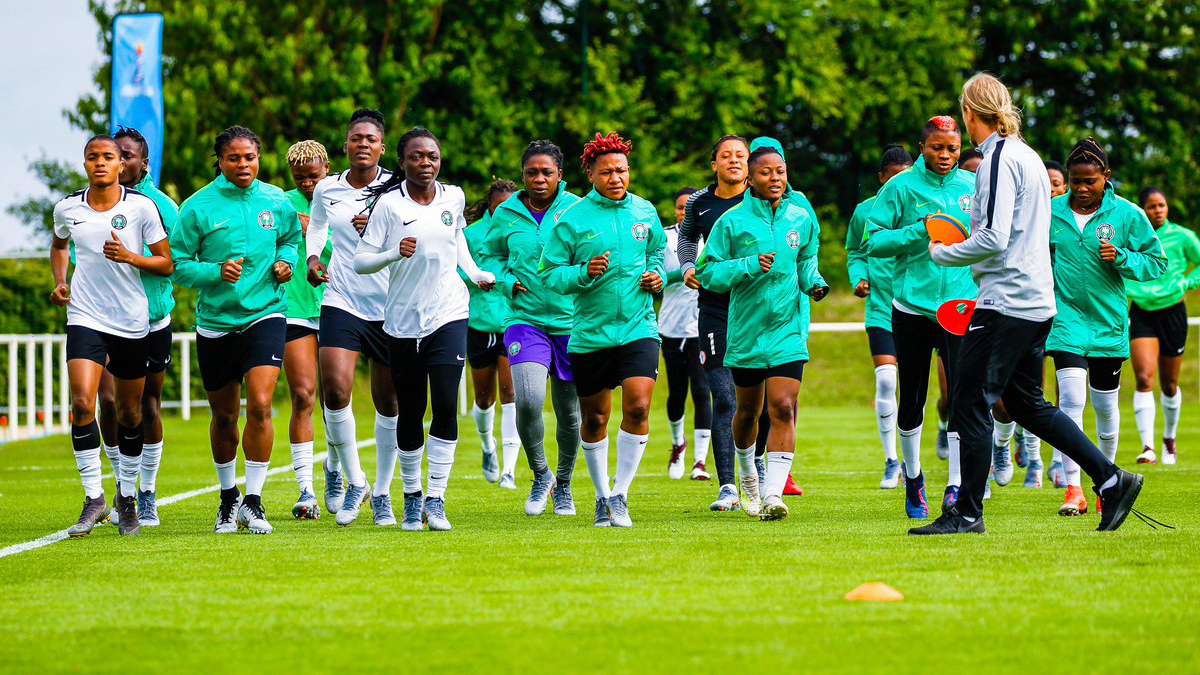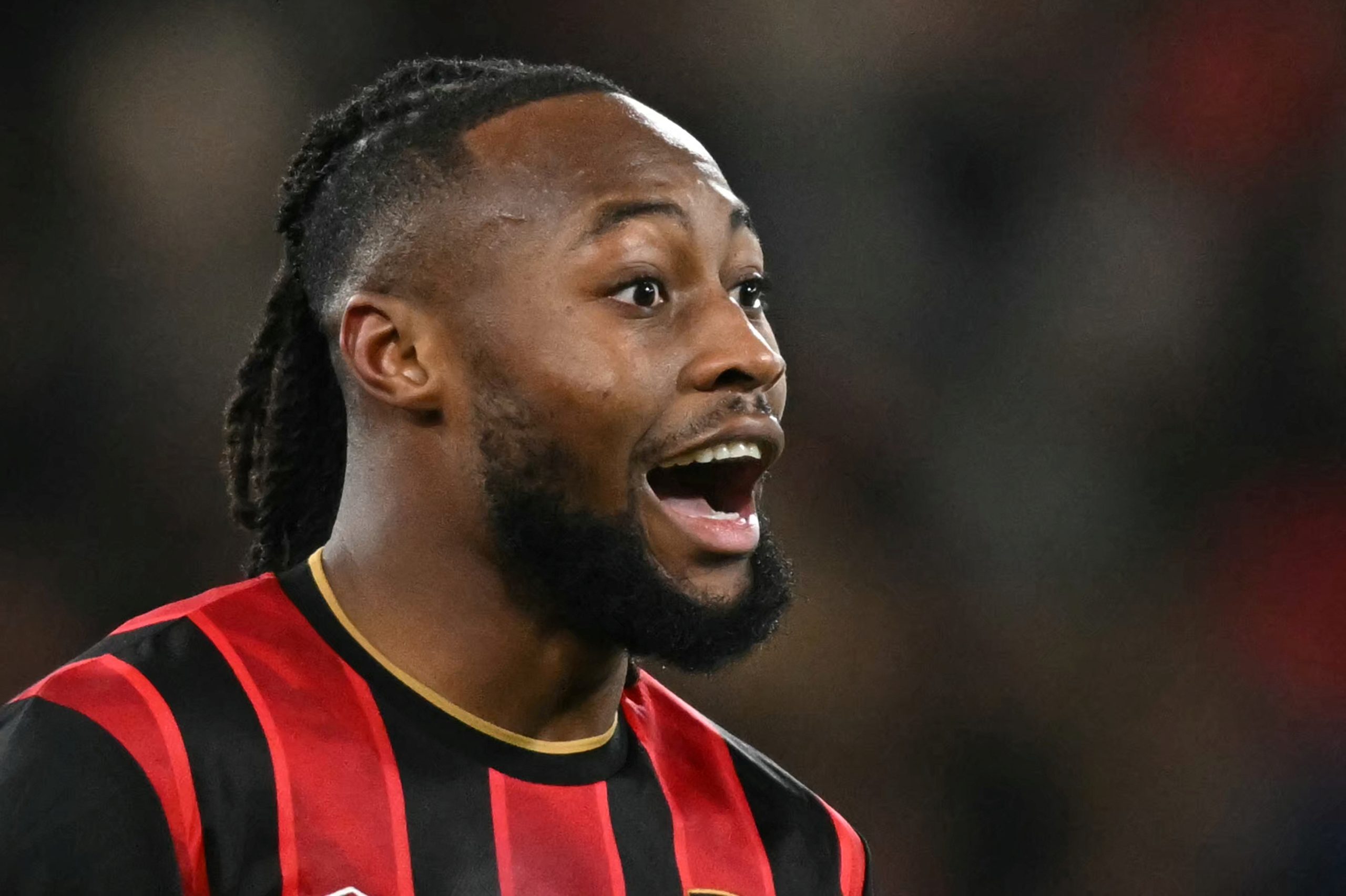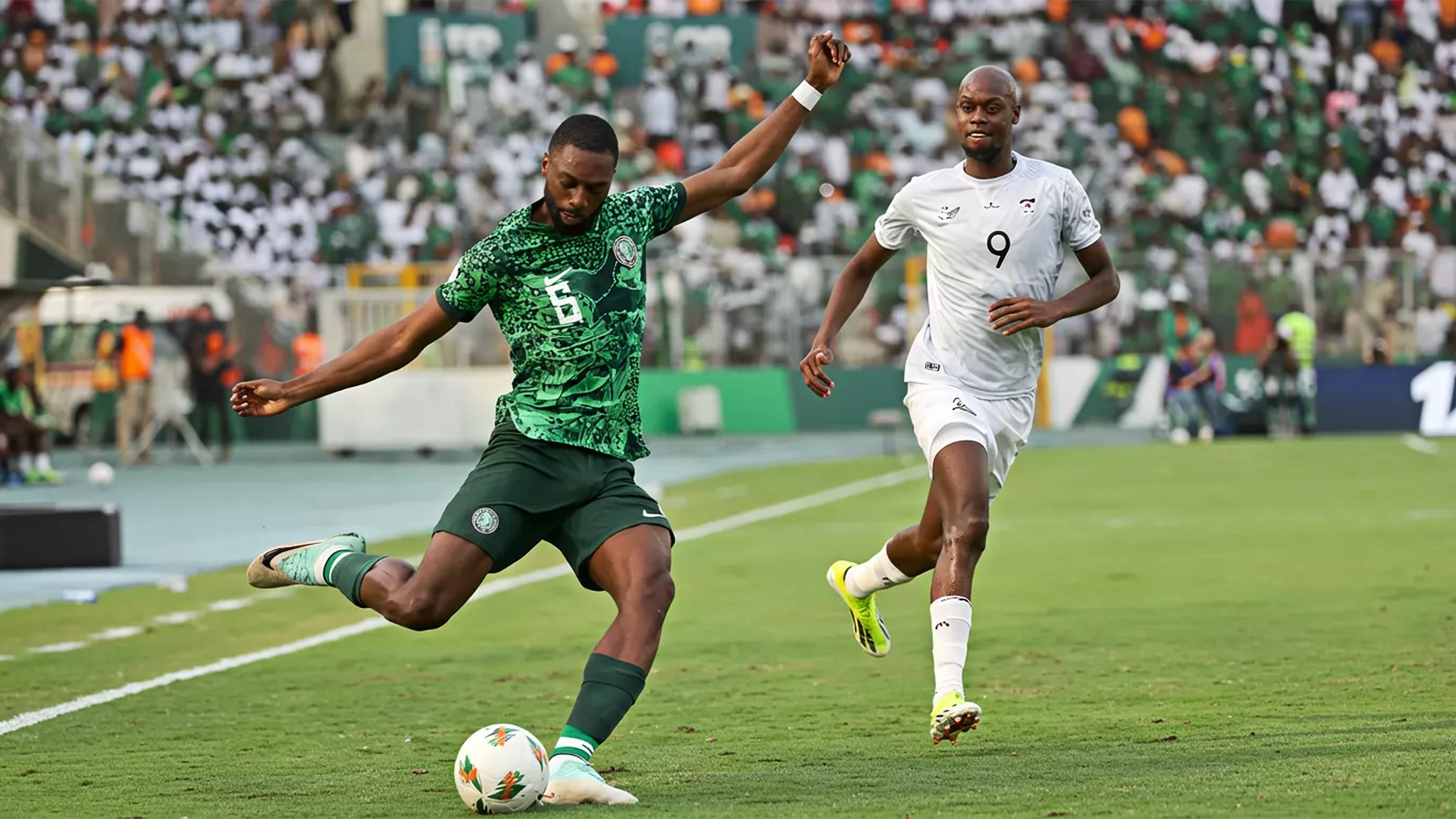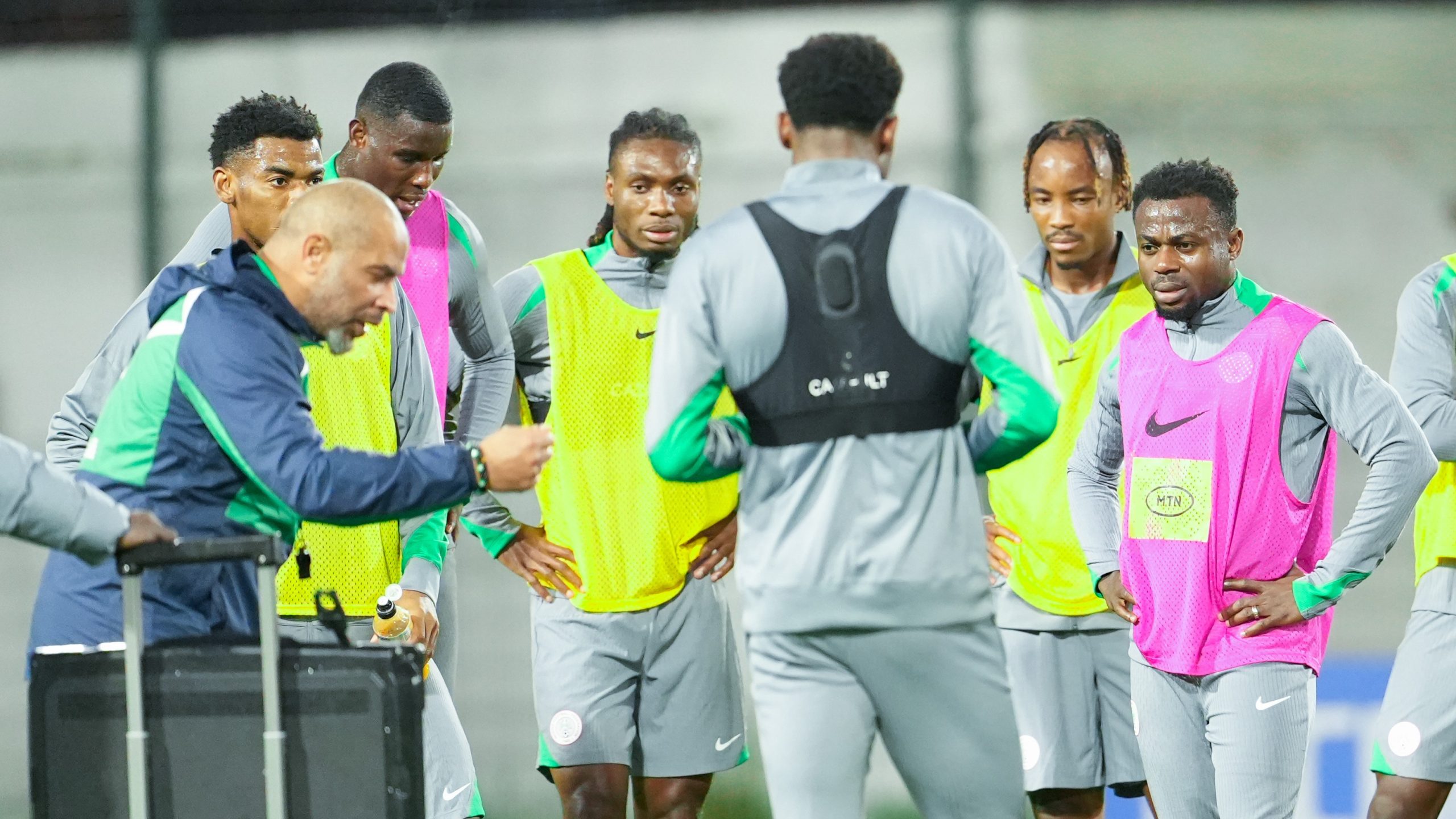
The range of emotions that Nigeria has provoked at the ongoing FIFA Women’s World Cup has been broad and, understandably, varied.
The Super Falcons have been Africa’s dominant team for as long as many can remember, and have not failed to make a World Cup appearance since the inaugural edition in 1991. As such, the expectations are always high, and belief is at its utmost.
Not even the draw, which placed Nigeria in a perilous group along with hosts France and former champions Norway, was enough to deter optimism. Even a less than impressive campaign at the Africa Women’s Cup of Nations (AWCON) in 2018 was waved away.
Currently the best betting promotions in Nigeria
The World Cup, however, has brought a swift reality check. While an opening defeat by a humbling 3-0 scoreline to the Scandinavians was a splash of cold water in the face, there has still been enough to be pleased with from Thomas Dennerby’s side, their victory against Korea Republic was flawed, but ultimately efficient, and against France they held firm and were only crushed by a late penalty scored in controversial circumstances.
However, the real takeaway from this latest outing on the world stage is that there remains a lot of work to do still, both in terms of closing the gap to the rest of the world, and in building the Super Falcons into an outfit the country, and the continent, can be proud of.
Already in Africa, it has been clear that Nigeria is no longer the untouchable force it once was. While some of that can be attributed to the (slow) growth the rest of the continent has experienced, it is mostly a problem of complacency. By failing to build on an early lead, the advantage has been sandpapered down to the flimsiest of margins.
South Africa, in particular, has shown recently just how far a system hinged on long-term planning and continuous accountability can go. Their first World Cup appearance ended with three defeats from three games, but the experience proved invaluable, and already an apt national women’s league is being mooted.Nigeria’s women’s league, once vibrant in the 90s and the cornerstone of the Super Falcons’ early success, is now almost moribund.
The knock-on effect of this is grave, without a thriving league, youth development invariably suffers, as does the competitive level of the players based at home. Consequently, there is no means by which they can be called up to the national teams, and so regeneration is impossible, and talents are unable to get the breaks they need to play in bigger leagues in Europe.
Even more importantly, the level of funding for women’s football is not quite where it should be. With the attention of the football authorities committed to the men’s teams, neglect has been allowed to fester.
Lots of market options are available
Super Falcons’ forward Francisco Ordega told BBC Sport, “If we could get just 30-40% of what (the men) get, it would be really nice. Now we don’t even get 10% of that.”
That really captures what the feeling is within the team. There is a frustration at not being treated like a priority, at the knowledge that their male counterparts get all the support while they have to make do with all that is shoddy and substandard.
“We conquered Africa even with our worst preparations,” three-time African Women’s Player of the Year Asisat Oshoala said of last year’s AWCON triumph.
This concern is one which the football authorities need to address, as well as the many developmental challenges the women’s game faces in the country.
There is clearly an idea of what to do, dissatisfied with the quality and age profile of young players available to the selectors of the age-group national teams, the Nigeria Football Federation (NFF) instituted the ‘Future Eagles’ project, scouting talent from U-13 to U-15 level and getting them to partake in competitions all over the world.
A similar initiative in women’s football would certainly go a long way toward bridging the gap, while all hands go on deck to get the league up and running again.
It is also important that the national teams as constituted are continually exposed to competition of a high calibre. Another spell of inactivity would be the wrong way to build on the momentum of a World Cup.The aftermath of a World Cup is often considered the beginning of a new cycle. For Nigeria, it must be the start of a new seriousness about the women’s game.
ZEbet now have the highest odds






